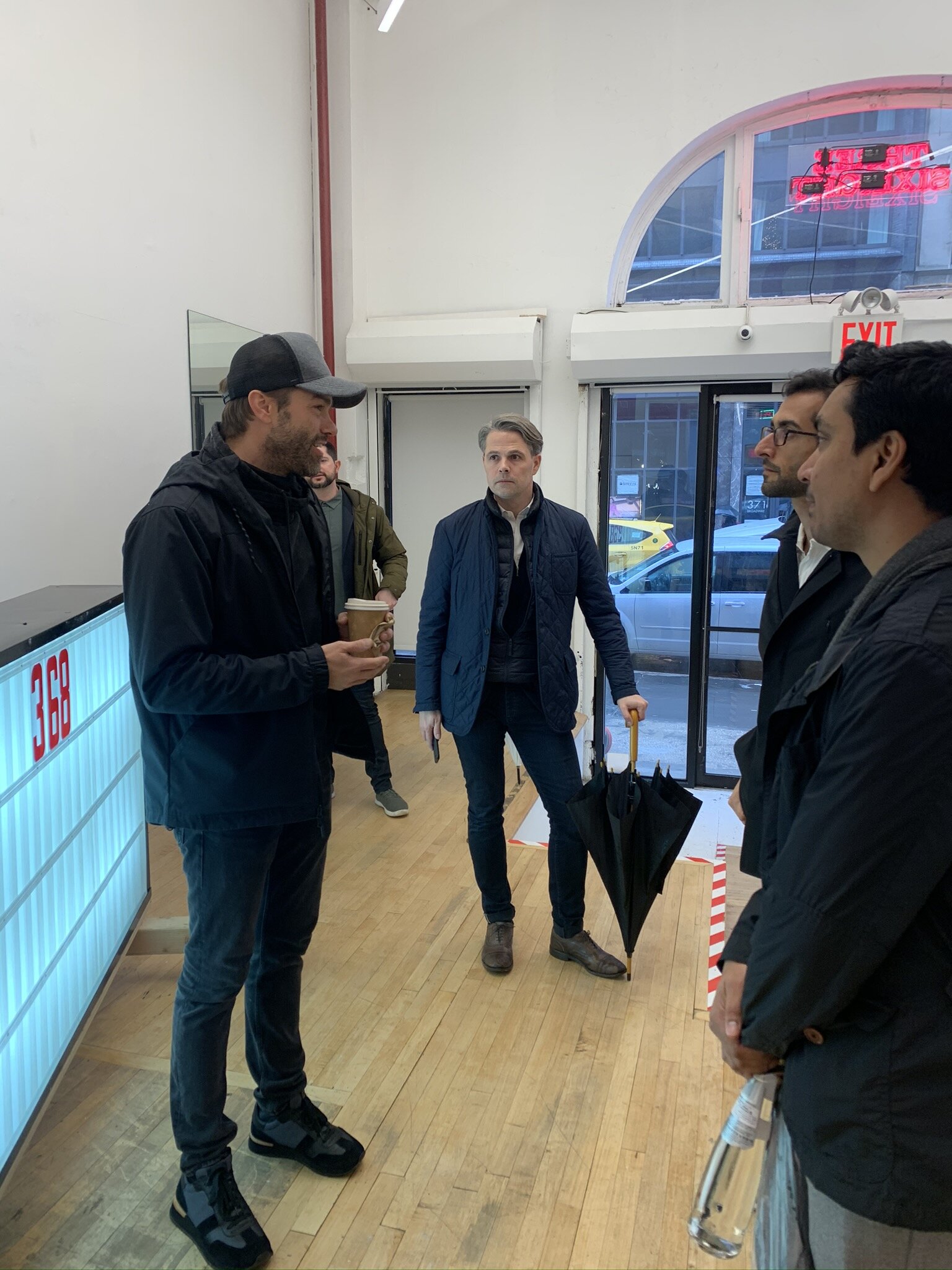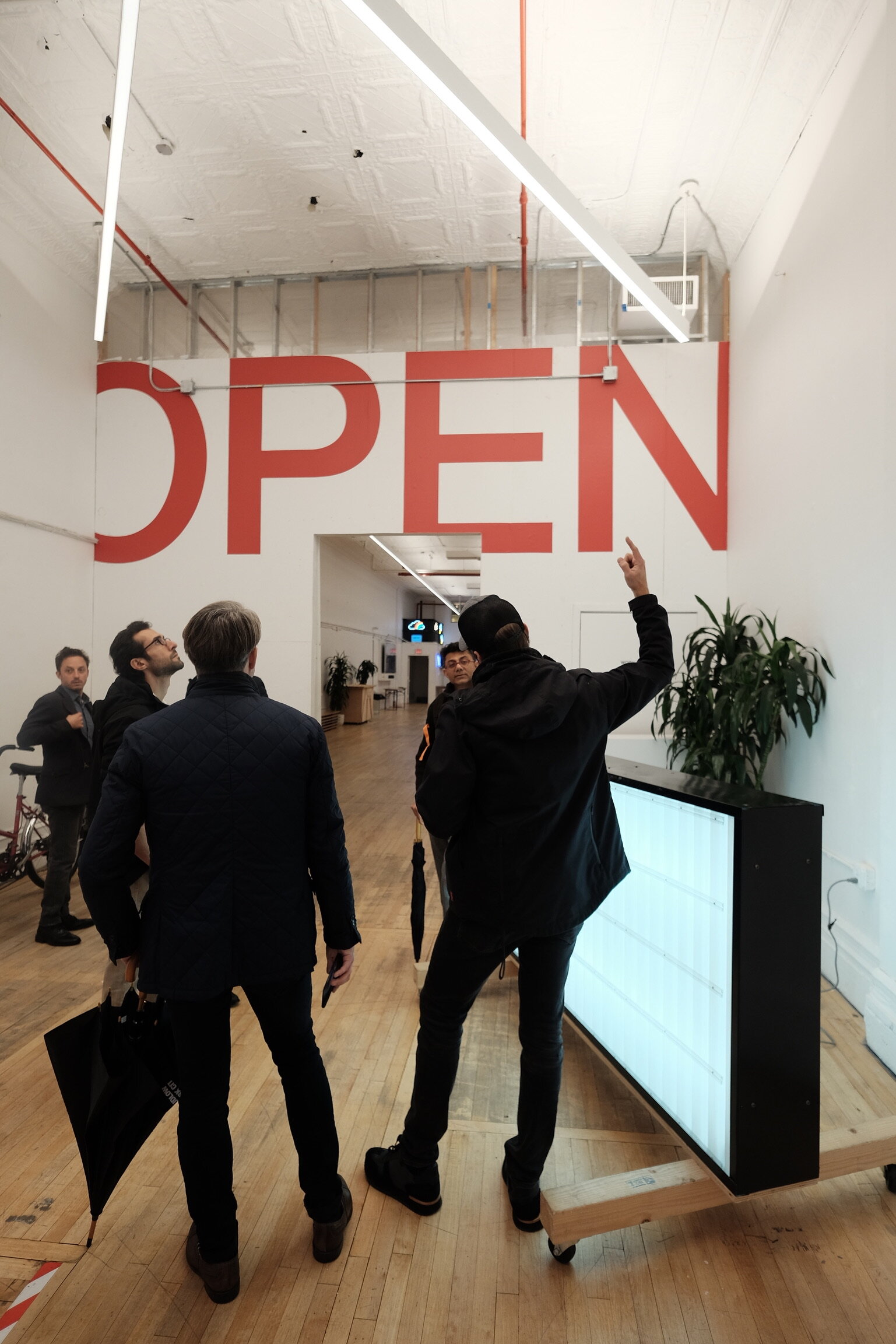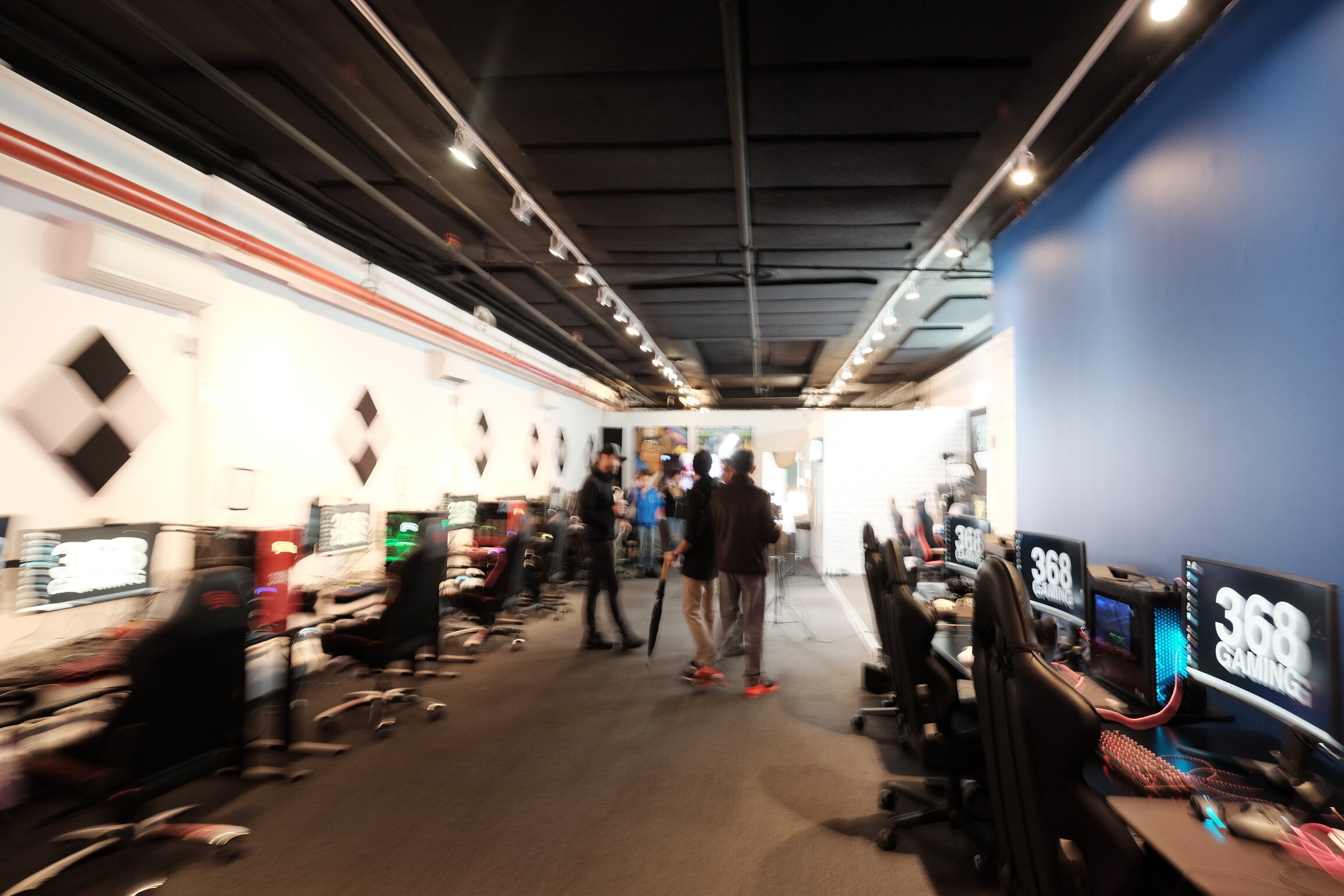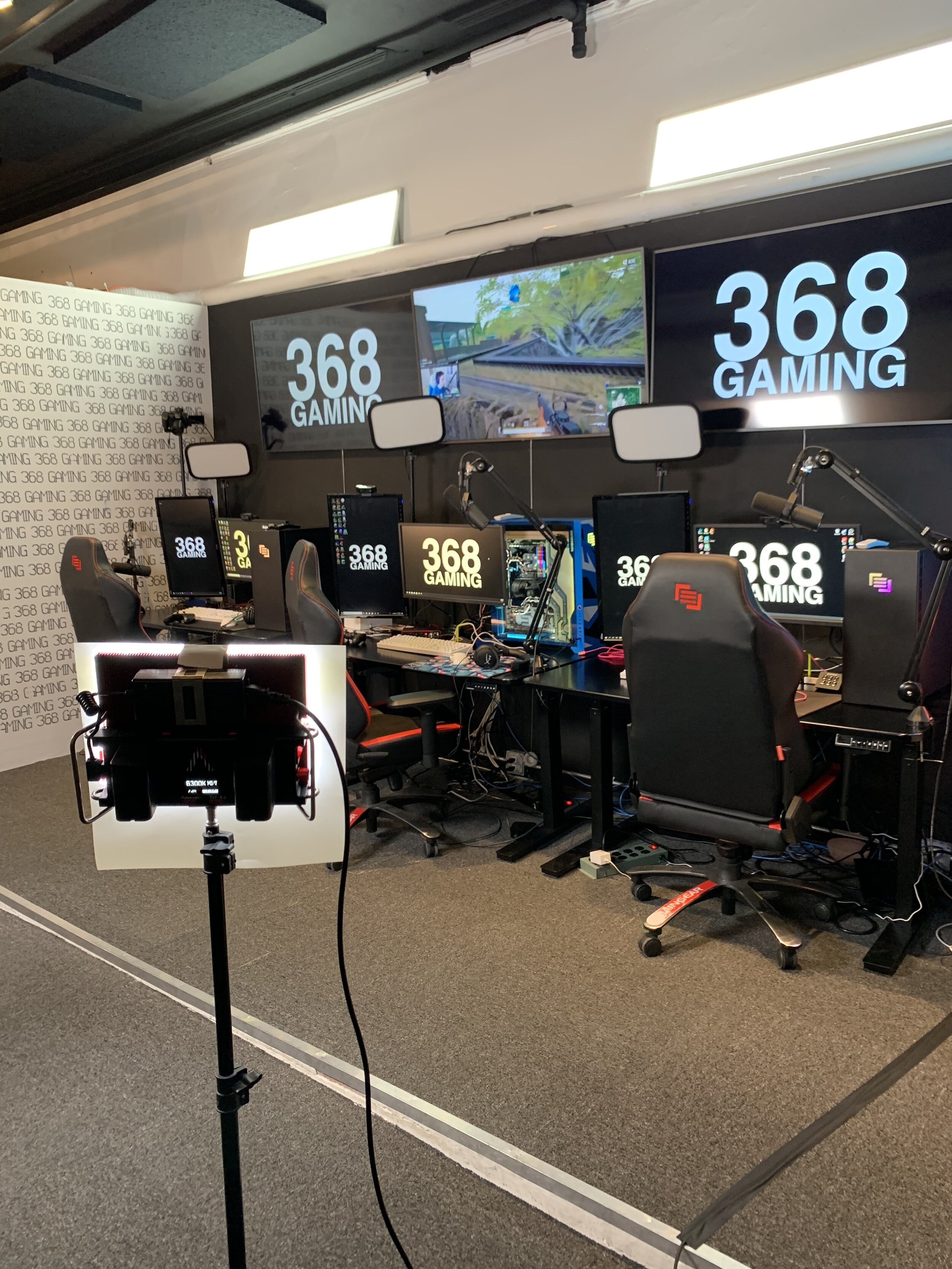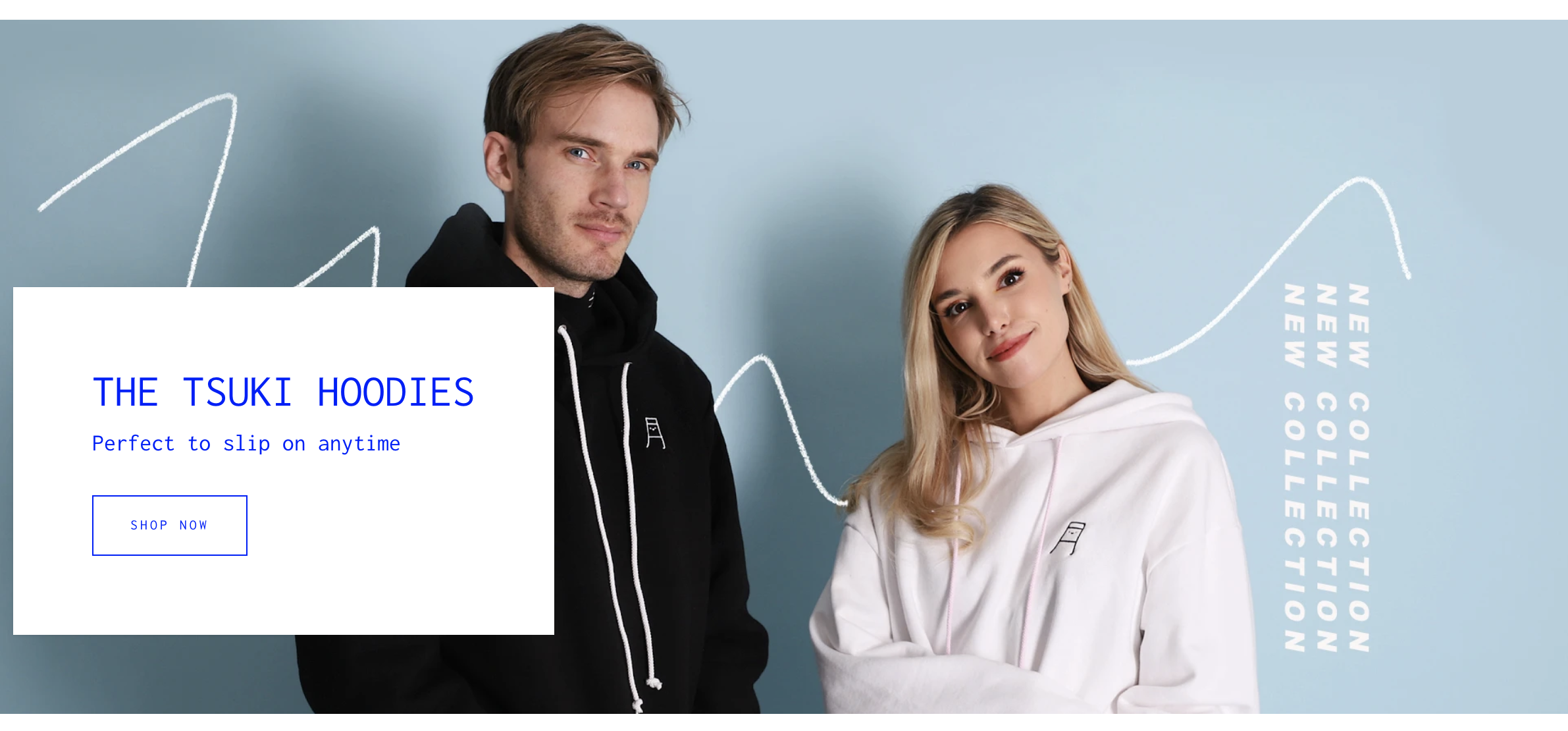Watched, liked, followed, sold. Internet stars disrupting retail models.
Authors: Ryan McLaughlin & Brian Gale
Retail Prediction: YouTuber’s, professional Esports players, TikTokers, and meme-based merchandise (combined) sales will outsell Macy’s online sales by 2021, if not earlier. In 2019, Macy’s recorded 5.623 billion USD online sales (net).
This prediction rests on the premise that lines are being blurred and silos in the entertainment ecosystem are being dismantled. And it’s likely that the retail industry will not see it coming or react too late to have a genuine impact or gain a larger share of the revenue opportunity.
YouTuber, professional Esports players, and meme based ‘merch’ are gaining an incredible amount of traction and they’ve barely been featured in the traditional retail world. For YouTubers, merch has far surpassed their ad revenue earnings potential. In fact, “YouTubers who sell merch can make up to 10 times more revenue than those who depend exclusively on ad earnings” (via Tubefilter). Hoodies, t-shirts, caps, and sweats are some of the more typical items that are up for grabs through limited time offers but there are also some more eclectic items like PewDiePie’s brofist and David Dobrik’s mini Ferrari's (more on David in a moment).
As consumers attention and admiration increasingly shifts away from traditional Hollywood celebrities towards YouTube, Esports, TikTok and celebrities, we’ll start seeing more brands shift dollars and focus to these more niche ‘stars’ as a means of selling products or services. In fact, The Guardian recently reported that “marketeers reckon that the most popular TikTokers could currently charge close to $200,000 per post if they promote and collaborate with brands.” It’s likely close to what Chipotle paid Loren Gray last year for their Guac Song dance-off. Is it too far fetched to think that next year’s Super Bowl ads could feature these online stars in lieu of say, Jonah Hill?
With 1 in 3 kids now saying they aspire to be a YouTuber (or something that hasn’t even been named yet), as opposed to an actor or athlete, we’ll see these young influential potential stars spending more time viewing their favorite YouTuber than athlete or Hollywood celebrity in the years to come. And if they take a page out of the ‘Kardashians’ playbook there will be a dramatic cultural impact from ‘niche’ creators that will greatly affect future partnerships we see between ‘entertainers’ and retail brands. TikToker Loren Gray (17 years young) has done just that and has landed record deals from Virgin Records and Capital Records. How much impact are we talking about? Enough to sell all sorts of products, and not all with consent. Wired recently reported that ‘fast fashion sellers are stealing influencers' faces, essentially using social media stars' images without permission.
“YouTube is the biggest TV channel in the UK, bigger than the top four UK TV channels combined in viewership.”
— Benedict Evans
What separates these online celebrities from their Hollywood counterparts, in our opinion, is approachability. Today’s young generation of viewers see their online heroes as “within reach” and their status as “achievable”. It’s also worth noting that anyone armed with a camera and a ‘talent’ can put themselves out there with the hopes of generating millions of viewers and hopeful sponsorships and status. Evan Spiegel, the founder of Snapchat, who is a big fan of TikTok, has said it will surpass Instagram soon saying “social media in its original construct is really about status: representing who you are, showing people that you’re cool, getting likes and comments, those sorts of things. TikTok instead celebrates talent over status.” So it shouldn’t be surprising that recent statistics show accelerated growth and demand of Gen Z (or Gen Alpha) for a different format of viewing and niche content that is tailored to their interests.
Last May in New York we saw close to ten thousand eager fans lined up at 368 Broadway in Lower Manhattan to see (and maybe have a chance to meet) YouTuber David Dobrik and purchase hoodies ($50), sweatpants ($45), sports bras ($23), and coffee mugs ($10). The merch was sold out by the end of the day. This was one of the many pop-up events featuring merch from an Internet Creator at 368 Broadway.
David Dobrik’s mini Ferrari (for sale) at his Clickbait themed SeatGeek event at 368 Broadway in New York City.
The opportunity for monetizing these creator’s star status has not even begun to be realized. In fact, it’s still in a very nascent stage when you analyze the current versus future opportunity. And nobody knows this better than Paul Leys, the President and Co-Founder of 368 Broadway who hosted David’s ‘merch’ event. Paul’s Co-Founder, Casey Neistat, is a known name in the YouTube community and beyond. So what is 368? In Paul’s words, “368 was conceived to support the people who create the internet.” 368 acts as a production house, curated club, and brand agency, and in our eyes it’s the entertainment clubhouse of the future. We asked ourselves, why didn’t Chuck-e-Cheese do this 10 years ago. At 368 gamers and creators are given complimentary access to high-end equipment to produce stories, live-streams and content. 368 is also hosting gaming tournaments, live-streams, pop-ups and sponsorships for brands. Paul gave us a behind the scenes look at the collaborative YouTuber and Esports workspace (see photos), where Esports professionals like Lirik or celebrities like Trevor Noah are regular guests.
Paul and Casey have even met with Mayor De Blasio (of New York City) to designate the area around 368 as a district for internet creators since many have their studios on Broadway.
You might ask yourself at this point is there enough demand or is this simply a fad. In terms of monthly viewing hours, live-streaming gaming platform Twitch is now the size of an UK TV channel (ITV 1) and YouTube is the biggest TV channel in the UK, bigger than the top four UK TV channels combined in viewership. (source: Benedict Evans, Tech in 2020 Report)
Internet creators are the new tastemakers and their digital content creates physical demand for their products. By our estimations the YouTuber and Meme-based ‘merch’ market alone is currently valued around 2B USD. This does not include Esports or some of Tik Tok’s newest stars. Some of the most prolific YouTubers have graduated from merch and started their own fashion lines like Teddy Fresh, Cloak, and Tsuki to name just a few.
Beyond PewDiePie’s merch line, he’s developed a fashion line with his wife, Marzia Bisognin, dubbed Tsuki which is Japanese for 'moon'. It’s unisex clothing and home products are ethically made and are completely designed by the couple.
The direct integration of YouTuber’s personal brands into a retail ecosystem is an easy one. But what about entertainment? Let's take Esports as an example. Actors Will Smith and Ashton Kutcher, professional athletes, like Michael Jordan, Shaquille O’Neal, and Alex Rodriguez, and a long list of Hip Hop musicians have all invested into Esports such as Drake, The Weeknd, Wiz Khalifa, and Offset from the Hip Hop group Migos. In an interview with The Verge, Offset was asked about the “unifying force” between Hip Hop and esports and said, “It’s about entertainment…” there’s not necessarily a major difference between a big streamer and a music superstar. “The actual players, they’re like rock stars… they’ve got great followings, they influence kids, and that’s what I do. It was just organic. These guys are cool.”
Esports jerseys and merch can run for as much or more than typical sports jerseys, especially those from top teams and players (similar to traditional sports).
If you don’t think that actors in the entertainment industry are taking notice, consider that actors like Will Smith, Dwayne ‘The Rock’ Johnson, Amy Poeler and Maisie Williams now put out content regularly that show a different side of themselves, whether it’s Will’s challenges, Maisie’s comedy or ‘The Rock’s workout routine. They understand that there is a cultural shift and desire for different types of content and are following suit trying to copy the format and success of these online stars.
And it’s not just online stars that are disrupting commercialization opportunities. Memes are so integrated in today’s culture that there’s entire business predicated on their ability to monetize these bite size pieces of content. And it makes sense. They are cheap to produce, relatable, easy to consume and can quickly go viral when seeded correctly. They are heavily shared and often create a new ‘star’ in the internet entertainment world seemingly overnight. Although on the surface they might seem like quick bites of content that can make us all laugh, we should be taking these short bursts of culture seriously once they are developed into clothing and other merchandise. Having the right product is obvious but like so much of what we find in department stores today, it has little to no connection to consumers, especially among younger demographics. Entertainment, in the eyes of viewers, is simply just that, anything that entertains us, and these new mediums and content are definitely entertaining. The traditional Hollywood playbook is transforming from rigidity to something more flexible. We can expect new shifts in the way the entertainment industry functions moving forward.
Same look, different cast… greater influence. Pictured left, the members of the Hype House, a group of TikTok influencers that live together in a mansion in Los Angeles. Combined, the twenty Hype House members have over 100 million followers. Pictured right are the cast of Friends and Beverly Hills 90210. For comparison, Friends season finale had a viewership of 52 million. This generations ‘Friends’ are TikTok influencers, most notably the members of Hype House.
Entertainment shifts from traditional media to niche content distributed across hundreds of platforms, where new ‘stars’ and ‘old’ collaborate, the question begs, how will retail take advantage of this opportunity in this new entertainment landscape? It’s not as straightforward as signing a deal with a studio for theatrical releases.
Retailers would be smart to develop a strategy to create ‘bases of culture’ in their existing physical retail footprints that are experiential, where communities of fans can come together to meet, shop, and experience the artists, musicians, influencers, and tastemakers that are shaping their purchase habits (like what 368 is pioneering).
Some retailers have started to move in this direction. Last year Walmart began selling an exclusive range of toys and clothing called Ryan's World, from YouTube sensation and the World’s highest earning child, Ryan Kaji. A video showed Ryan and his parents searching for his own toys at a local Walmart store to promote the line. So who is the real winner right now? Shopify. When retail goes from a store to direct relationship, the platforms win and mass retailers lose. Most YouTubers, professional Esports players, etc. have Shopify stores to sell their merchandise. Until retailers and brands better understand this new entertainment ecosystem they will be out of touch with their consumers. Nothing drives this point home better than Louis Vuitton getting into Esports by creating the case that carries the League of Legends Championship trophy. If they’re seeing Esports as a category to drive sales, change is definitely afoot.
Are you ready for retail in 2025?
If you’re interested in knowing how you can capitalize on coming retail trends, understanding where you stand today with our Retail Scorecard, and having an actionable plan to roll out new concepts with our Future Readiness Roadmap, let us know. Retailers, real estate developers, asset managers and operators - our team is here to support you.
About the authors
Ryan is the founder and CEO of MCL.digital, an transformation consultancy that unearths insights and develops innovative concepts in the Future of Retail, Workplace, Mobility, Tech, and Design.
Brian is a strategic advisor at MCL.digital and co-founder of BTblock, a leading blockchain, cybersecurity and digital transformation consultancy with offices in Denver, New York, Boston and Stockholm.




